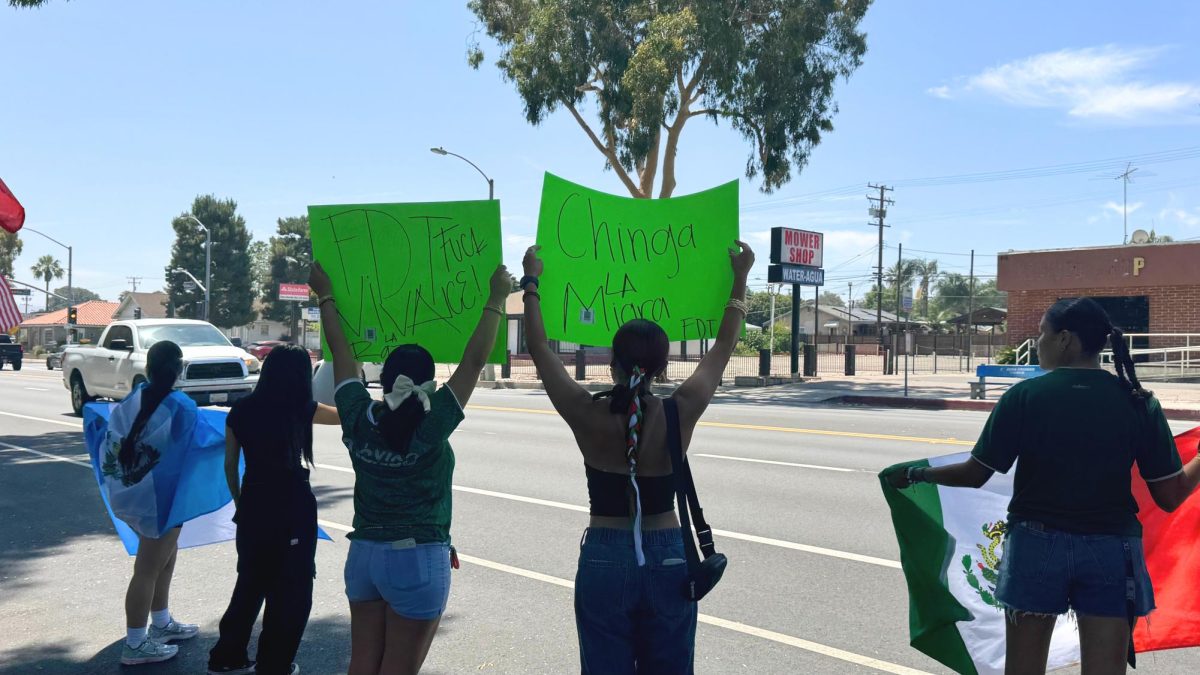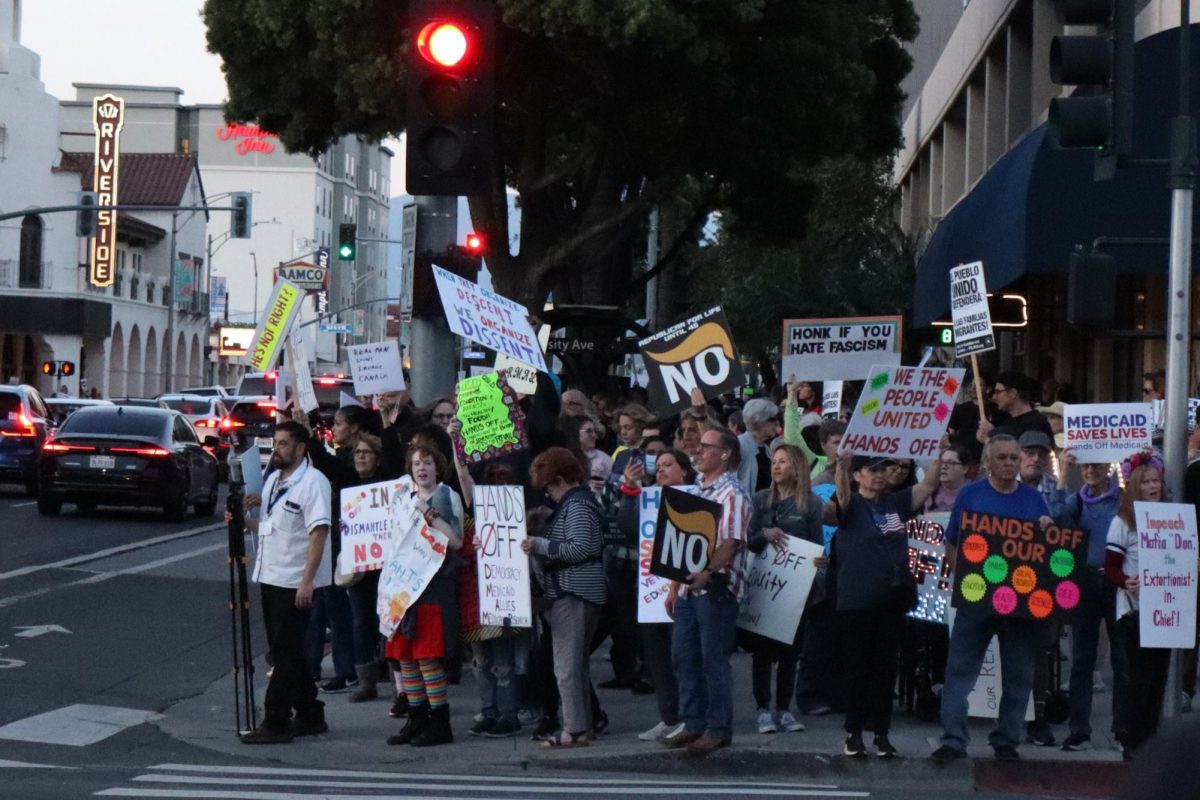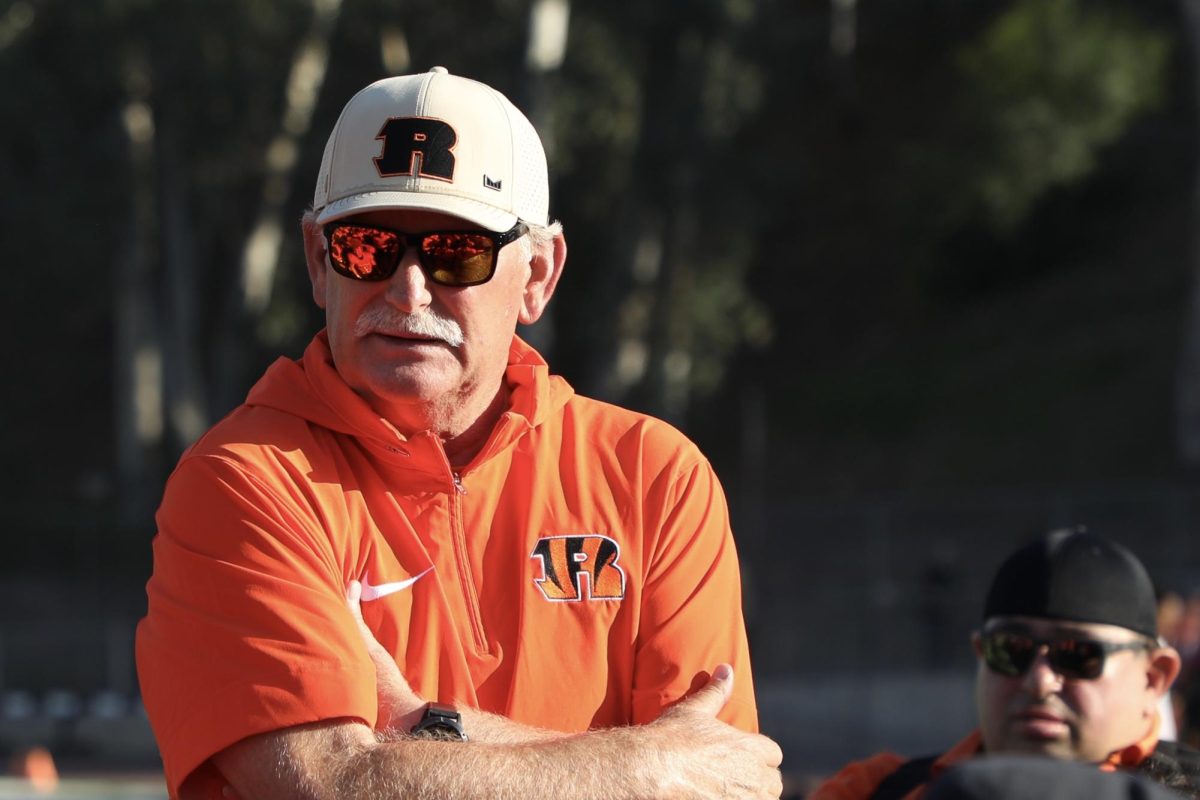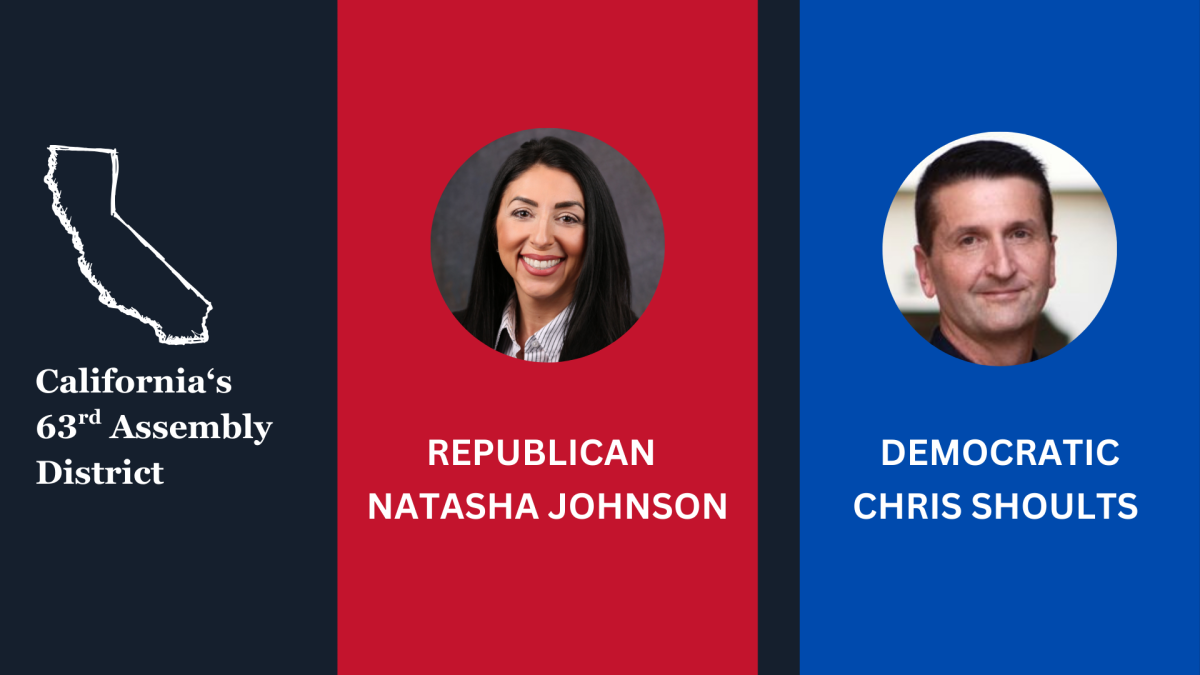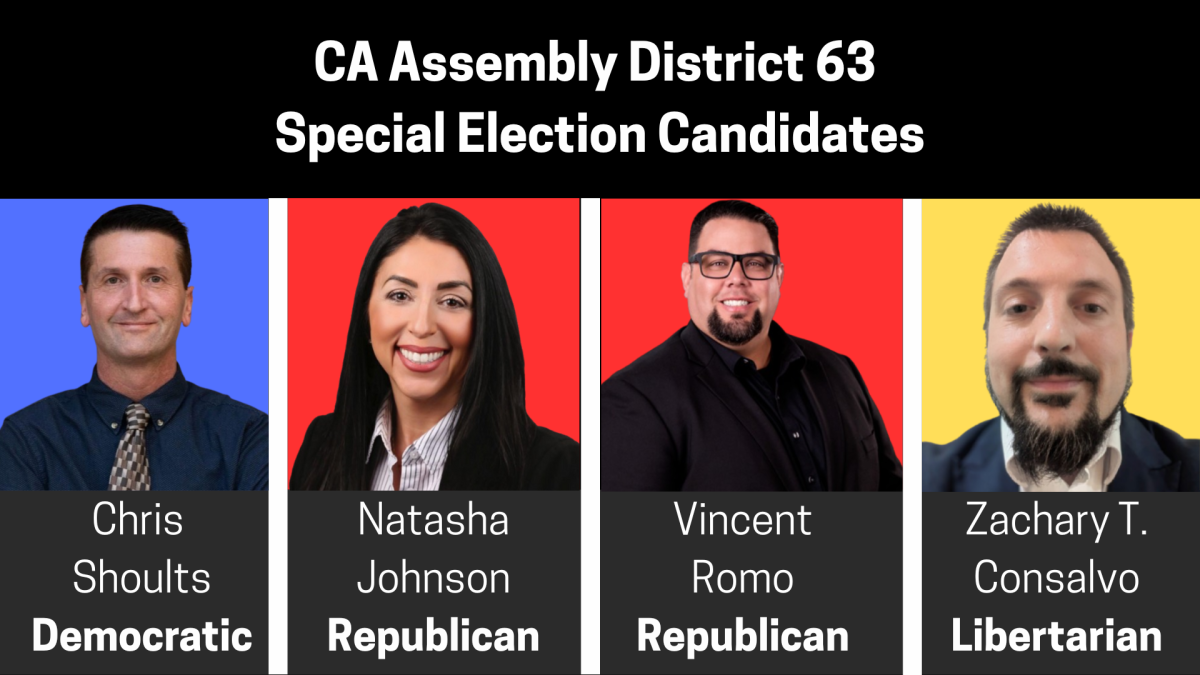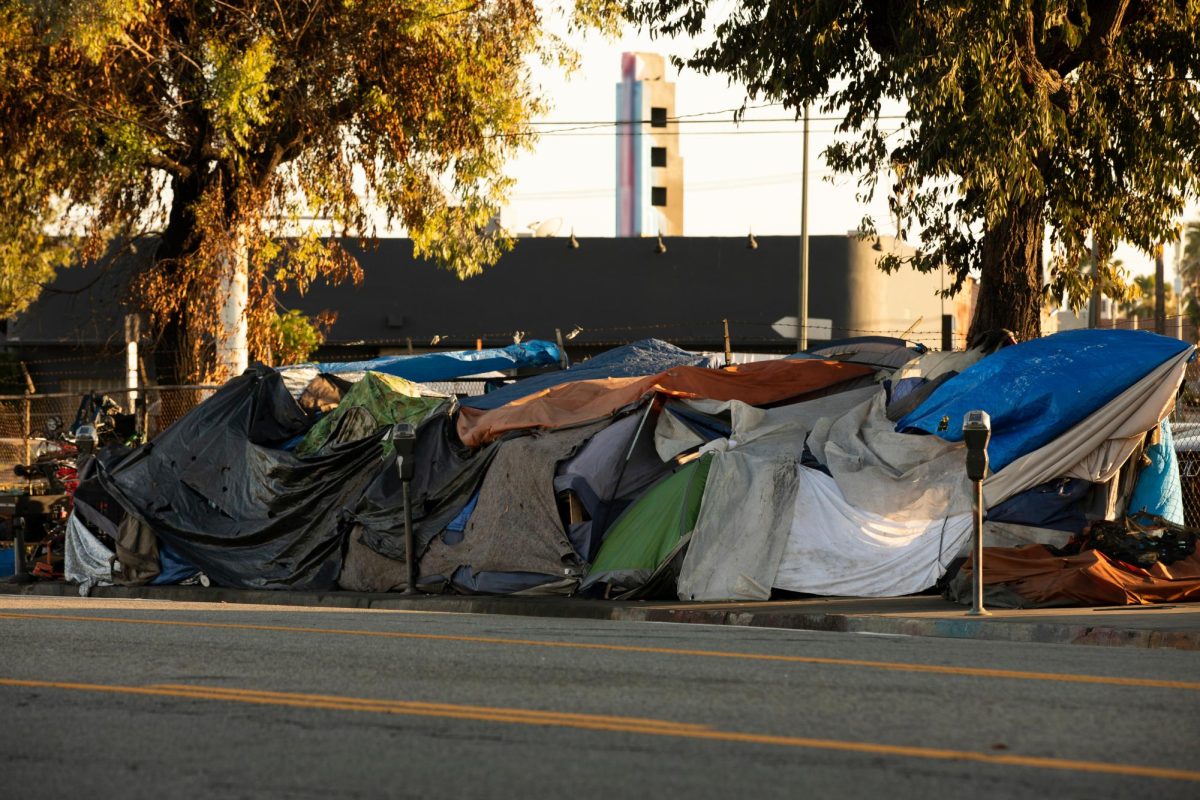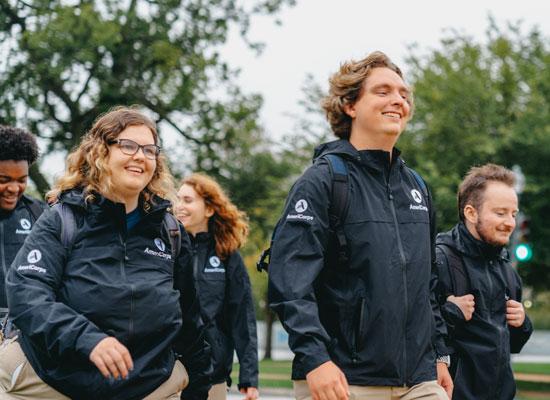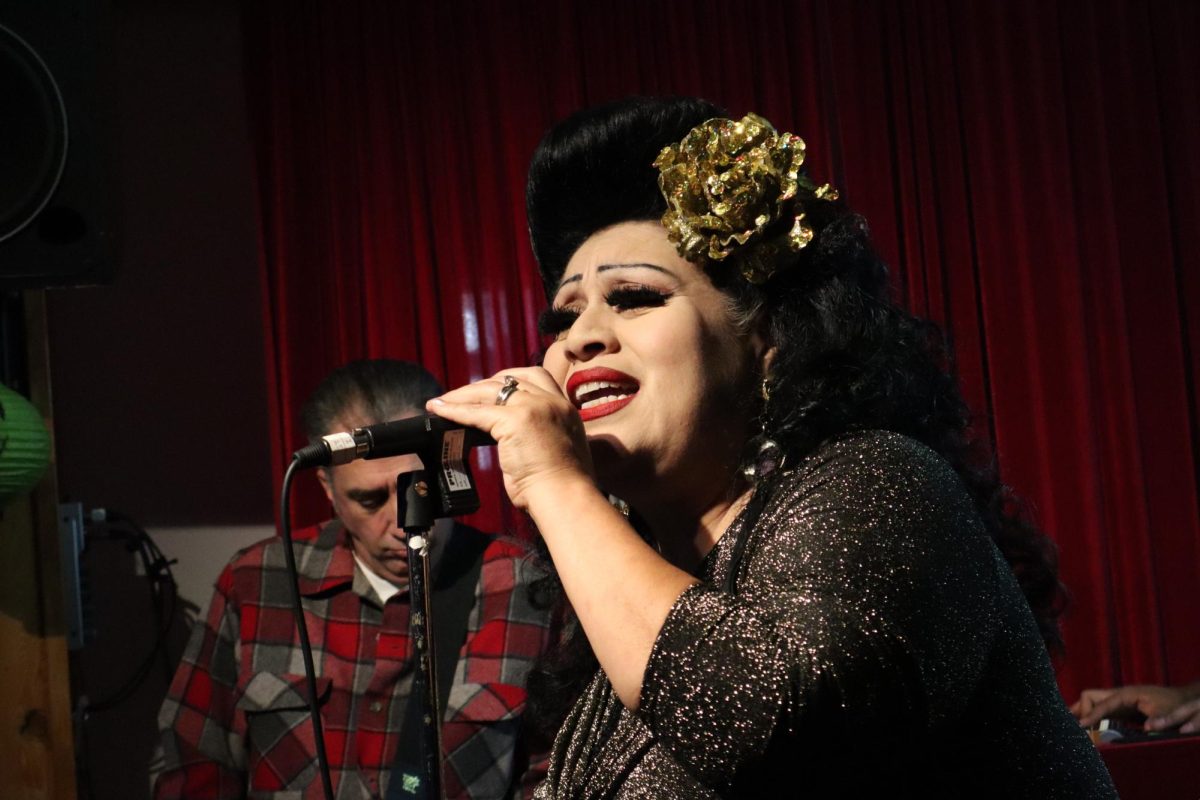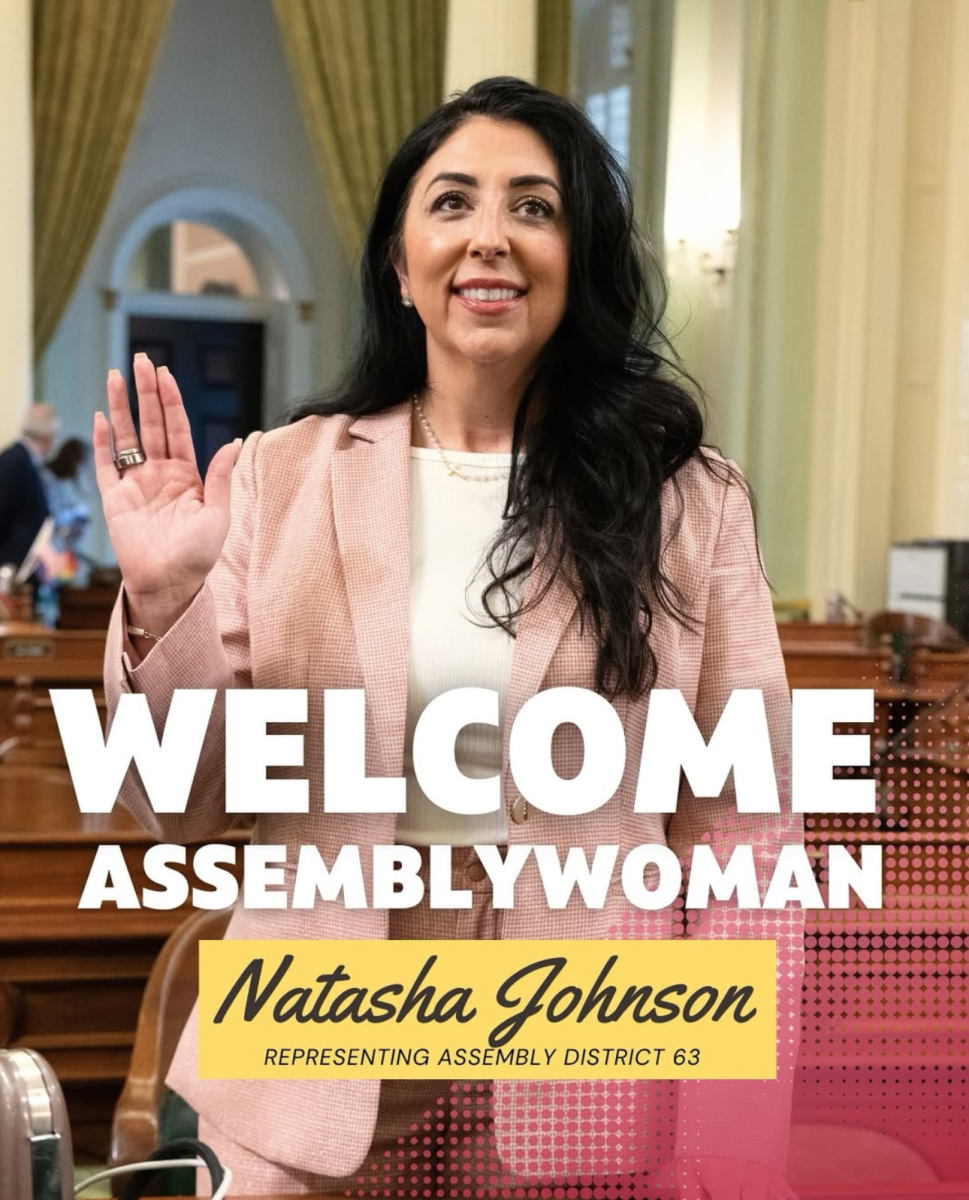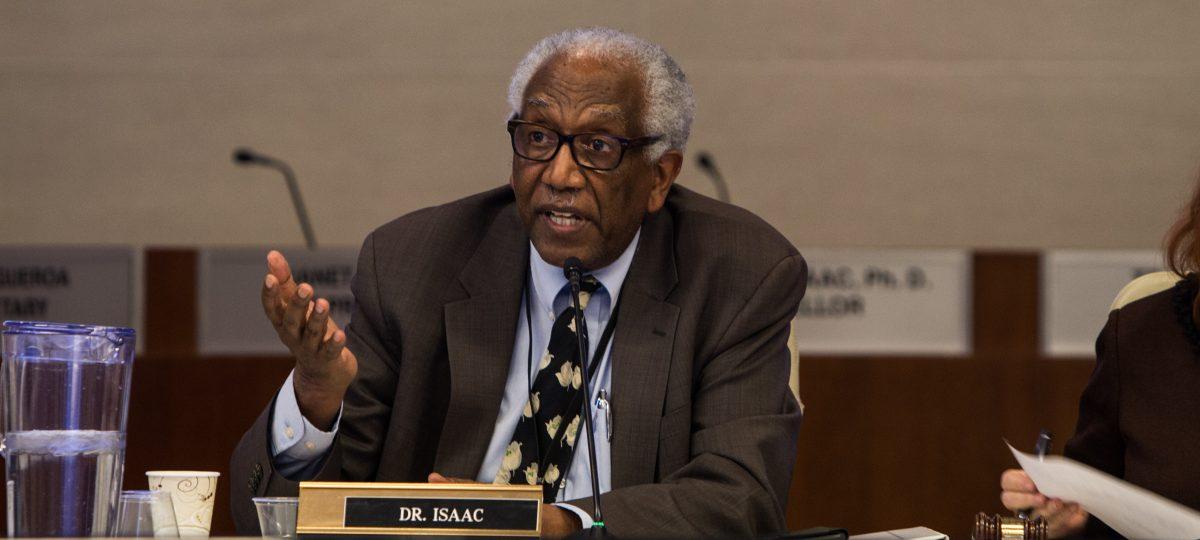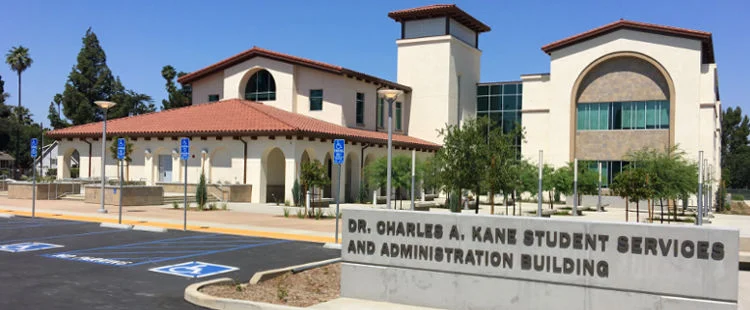
This story has been updated to correct a misspelling of Kim A. Wilcox.
By Nigel Lopez
University of California Riverside met Students for Justice in Palestine’s demands Friday without any violence, arrests, suspensions or incidents.
In exchange for the dissolution of the Gaza solidarity encampment at UCR, Kim A. Wilcox, UCR chancellor, was willing to meet SJP’s demands in a signed agreement after eight hours of negotiation. UCR will disclose their investments on their website, end study discriminatory abroad programs and change their approval process to prevent them from starting up again.
At the end of the spring quarter UCR will create a student-led task force appointed by the Associated Students of UCR who will investigate the ethical concerns of UCR’s investments and present the report to UCR Foundation Board of Trustees by the winter quarter with the goal of divestment.
The Gaza solidarity encampment at UCR started on April 29 after other Gaza solidarity encampments opened up in universities around the world. Encampments demanded universities to disclose of investments and divestment from companies that support Israel in its siege on Gaza.
SJPUCR’s encampment had negotiators, media liaisons, volunteers and a mutual aid fund.
According to the media liaison, who declined to be identified, SJPUCR demanded disclosure about investments, an end of study abroad programs to Israel, acknowledgment of the genocide in Gaza, and support for student’s pain. This also included a push for divestment, an end in UC complicity in genocide and support for a ceasefire.
“A lot of members of SJP have family members in Gaza,” said a media liaison for SJPUCR.
“I am a refugee as well. I’ve seen the terror happening in my country. Coming here to the United States, we’re calling for an end to colonialism. The president of SJPUCR was talking about how her cousin wasn’t able to graduate college because she was killed. That is the reality for so many people.”
The encampment was full of UCR students, their children and their families who were running around playing with one another. The encampment would host teach-ins and special speakers such as older members of SJP with more than 20 years of experience advocating for Palestine were also supporting the encampment.
“The occupation has been going on for 75 years. This is not something new,” said an older protester, who declined to be identified.
“The most beautiful thing now is that we’re more united. We have more people who understand because nobody was able to see the genocide live. I don’t even have to share the story anymore because people are seeing the story. What I’m seeing is that the tides are turning and we have a lot more people on the right side of history.”
Students from the encampment also walked around UCR to protest and when they returned the whole encampment would start to chant and sing together. Encampment protestors also would let their children chant on the megaphones and the crowd would encourage them.
Multiple political groups around the Inland Empire were involved in the encampment. Students for Justice in Palestine UCR, Inland Empire Against Empire, and Inland Empire DSA were groups who were involved.
Full-time student protestors were also volunteers keeping inventory of food, water, medical supplies and expenditures. The protesters and encampment leadership also volunteered with manual labor setting up tents and tables. There were halal and vegan options in food choices as well.
“I feel good, a good vibe, everybody is getting along,” one protester’s father said. “It’s nice and quiet and not crazy. No violence. It’s the way it’s supposed to be, people enjoying each other’s company.”
The man also commented that he felt that mainstream media was against the protestors.
“We accept everybody, every color no matter what race you are. We accept you,” he said.
People were gathered around in groups of friends and family laughing and smiling. There was group prayer five times a day. There was chalk art drawn all around the encampment near the UCR bell tower and the library. There were also protest signs hanging off the bell tower, trees and tents. The UCR letters were also plastered with stickers showing support with the people in Palestine.
Every morning around 6 a.m. UCR staff would hose down chalk art in and around the encampment, take protest signs down and confiscate chalk.
Encampment leadership confronted a person flying a drone over the encampment at night. The drone flier apologized and left with no incident. There was no violence or hostility for the entire five-day encampment.


